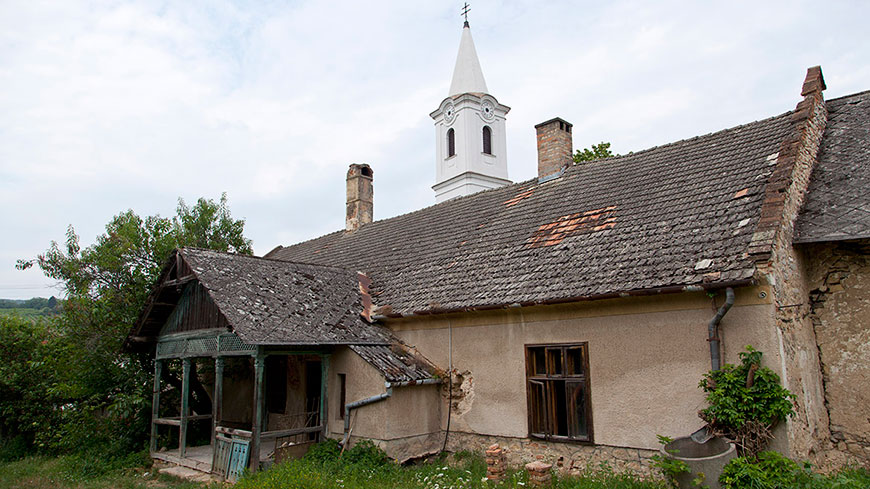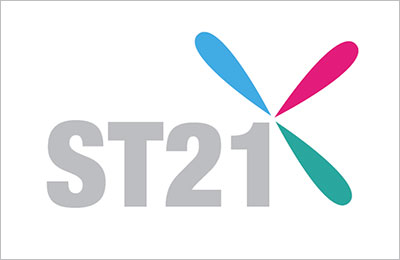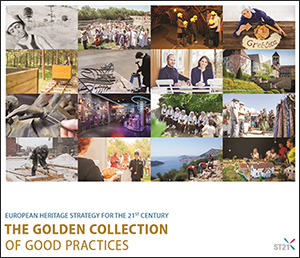Location of the initiative:

Relation to Strategy 21 Recommendations:
Time span of the initiative:
2014
Brief description of the initiative:
The project “Revealing the Socio-Economic Impacts of Cultural Heritage” (REVEAL) financed by the Norway Grants is implemented between 2014 and 2016, by the Gyula Forster National Centre for Cultural Heritage Management, in Hungary.
The base presumption of the project is that cultural heritage has significant social and economic impacts. One of the hypotheses is that built heritage and related restoration and development works have positive and measurable impacts on both national and local levels. Currently, there is little proof and supporting data for such impacts in Hungary, since the topic has not yet been thoroughly researched. Within the framework of REVEAL these impacts have been explored at different levels and fields and wherever possible quantified.
Another assumption of the project is that these impacts may be augmented through proper heritage management practices. This largely depends on how a historic building restoration takes place, especially with regards to the involvement and mobilization of stakeholders. Provided that the local community and various professionals think and work together on the future function and use of the monument and take into consideration its future operation, it is possible to successfully manage built heritage in a sustainable way on the long run. It is crucial to consider not only the building, but the investment should benefit the local economy, society, environment and cultural life.
As an experimental project the nearly 300 year-old Roman Catholic parish building of Balatoncsicsó has been restored involving 5 villages of Nivegyvalley, in upper lake Balaton, in central-western Hungary. The long-time HUNGARY - Revealing the economic and social impacts of cultural heritage Social abandoned and gradually decaying public building is a sadly familiar sight of the Hungarian countryside. Forster Centre took up the initiative of the small local community to restore the building. The revitalization concept of the parish house has been formulated together with the local inhabitants through community planning. The new community functions and the social enterprise linked to the building were designed during planning workshops with the active participation of a wide array of experts, local entrepreneurs, civil organizations, mayors and inhabitants.
This process was accompanied by a series of knowledge development and capacity building trainings, which provided local stakeholders with all the necessary information and knowledge for sustaining the building and their own businesses in topics such as village tourism, accommodation and hospitality services, wine making, business planning etc.
As part of the community development, the purpose behind these mobilizing and networking workshops, lectures and information events was to create a sustainable entrepreneur community, who would actively take part in the operation and maintenance of the parish house. The entire planning and implementation process has been documented in a detailed case study description and the main steps have been summarized in a methodological instruction booklet, a so called heritage guide. This will help similar communities, municipalities, monument owners and managers to prepare for the long-term protection and sustainable management of their built heritage.
Objectives of the initiative:
- To develop and promote good practices of heritage management
- To measure the economic and social impacts of cultural heritage
Online resources:
- http://www.forsterkozpont.hu/nemzetkozi-feladatok/nemzetkoziprojektjeink/749#1
- http://balatoncsicso.reblog.hu/
- https://www.facebook.com/csicsoiplebania (only available in Hungarian)
Contact:





